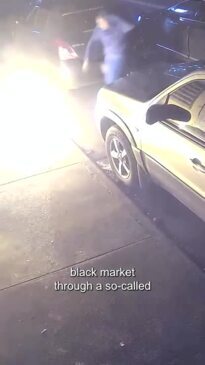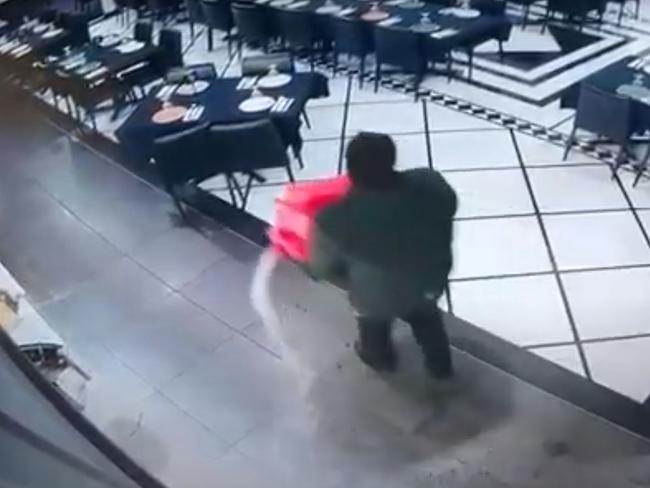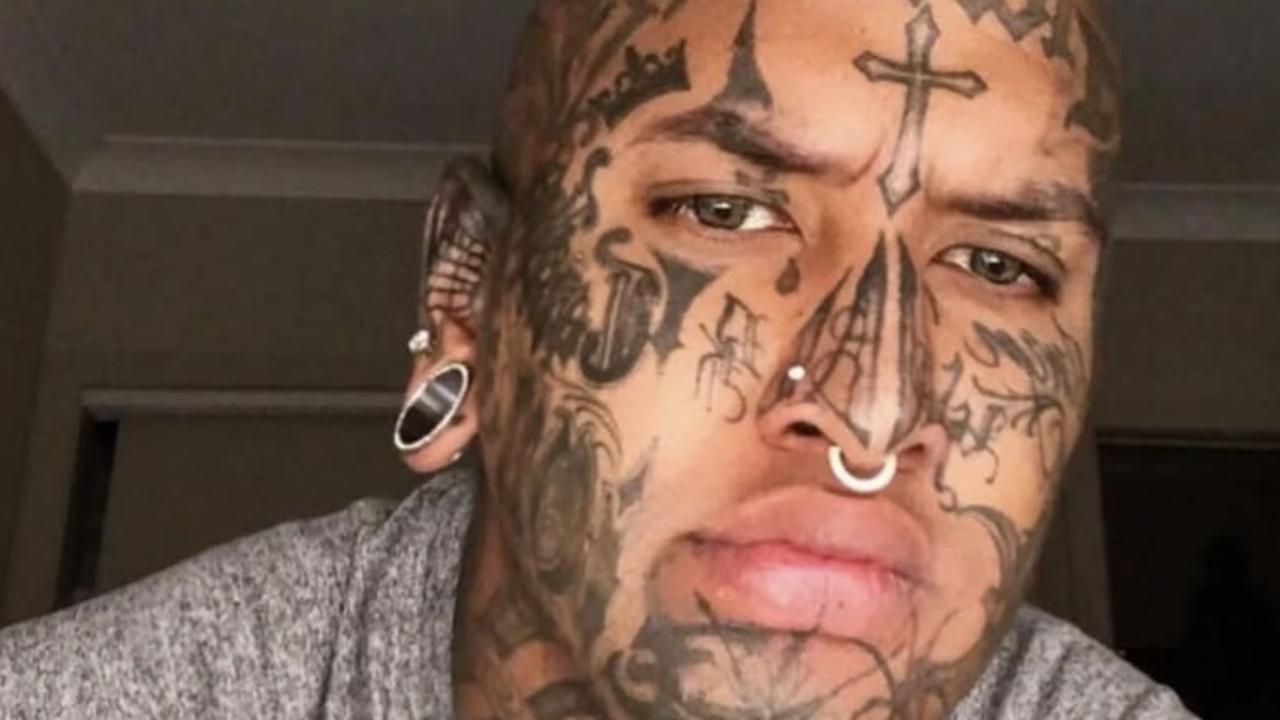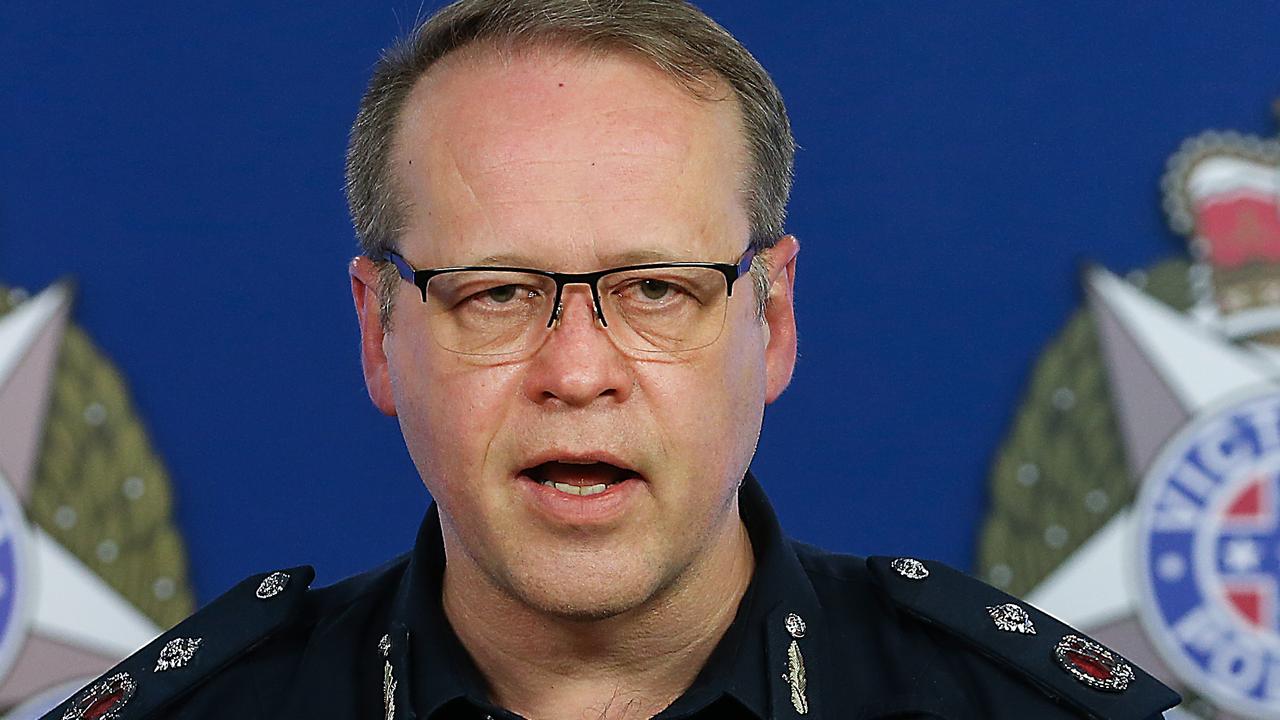How organised crime figures are recruiting vulnerable kids to commit crimes
Organised crime figures are recruiting vulnerable children to commit crimes on their behalf, paying them cash to firebomb tobacco shops or rival businesses.

Police & Courts
Don't miss out on the headlines from Police & Courts. Followed categories will be added to My News.
Organised crime figures orchestrating the ongoing underworld war are using encrypted messaging apps to recruit vulnerable children in residential care to commit crimes on their behalf.
Crime kingpins at the top of the chain – some who call the shots from the Middle East – are directing those on the ground in Victoria to hire young children to do their dirty work at night.
The teenagers are paid a few hundred dollars cash to commit crimes such as arson attacks on tobacco shops or businesses whose rival owners are implicated in the friction.
Popular encrypted messaging apps Telegram, Threema and Signal are almost impossible for authorities to track, making them highly attractive to criminals looking to recruit children.

Professor of cybersecurity at Monash University Nigel Phair said these apps provided criminals with a safe platform to message freely.
“Police aren’t going to be able to track back (to those at the top), that’s probably the real benefit for the heads of organised crime groups,” he said.
“They can’t track the content because it’s encrypted, but there is a lot of metadata around the app itself.
“You (police) can’t arrest your way out of most of these crimes but you can disrupt, and disruption is generally quicker, cheaper and more widespread.”

The Herald Sun understands children in the state’s trouble-plagued residential care are often targeted as potential recruits.
Those tasked with committing the crimes on the ground are reportedly being paid as little as $500 to torch a rival business.
While the standard pay rate varies between that number and a couple of thousand dollars, about $20,000 can also be handed to those prepared to ignite one of the more lucrative businesses.

Detective Inspector Graham Banks of the Lunar task force said those at the top didn’t care about the safety of teenagers committing the crimes — with criminals most concerned about costs.
He compared the recruitment process to the Australian app Airtasker, where users can pay others cash to complete odd jobs like removing furniture or painting a fence.
“It’s a lot to do with cost, it’s cheap,” he said.
“There’s no real care for the children for starters and it removes several steps from the offending itself.
“The further you are removed from the actual crime itself, obviously you would feel safer about that, tasking it down to a child who is probably getting the instructions via some encrypted app, or text message.
“Obviously via a party that’s three parts removed from yourself leaves you in little jeopardy, they would think.
“The ability to target more places more quickly again comes back to that technology and them being able to task out literally like an Airtasker type situation about who’s interested in the job (for this) price.”
Insp. Banks said teenagers who have been locked up after committing a crime then go on to “network” with other criminals on the inside.
“When they’ve been serious offenders, they’ve gone into youth detention and sometimes into that adult prison population,” he added.
“They network then with outlaw motorcycle gangs, people from other organised crime backgrounds such as Middle-Eastern organised crime, and that is obviously concerning.”




